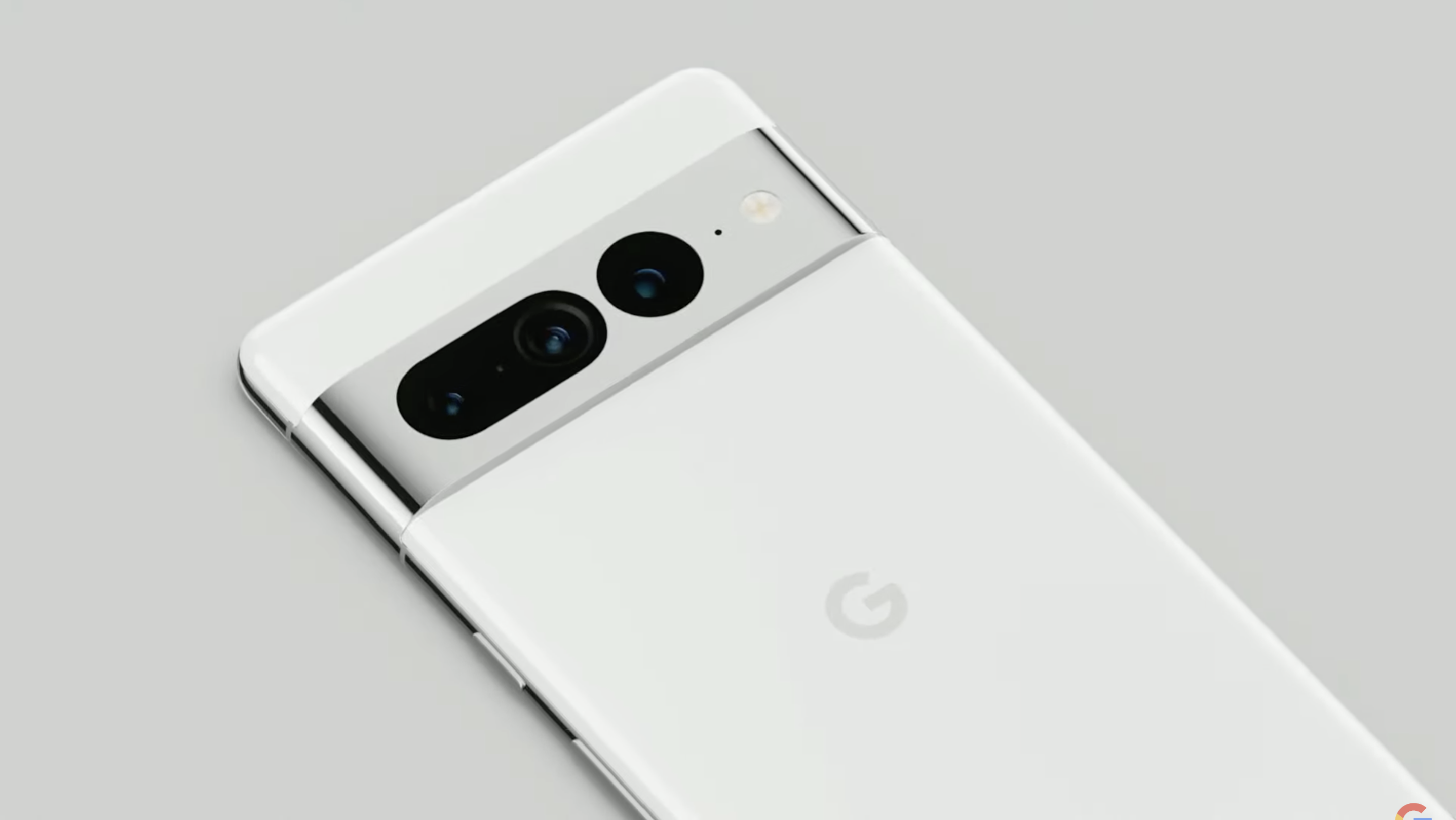Google Pixel 7 Pro just tipped for clever way to boost battery life
And it definitely needs more endurance

Here at Tom’s Guide our expert editors are committed to bringing you the best news, reviews and guides to help you stay informed and ahead of the curve!
You are now subscribed
Your newsletter sign-up was successful
Want to add more newsletters?

Daily (Mon-Sun)
Tom's Guide Daily
Sign up to get the latest updates on all of your favorite content! From cutting-edge tech news and the hottest streaming buzz to unbeatable deals on the best products and in-depth reviews, we’ve got you covered.

Weekly on Thursday
Tom's AI Guide
Be AI savvy with your weekly newsletter summing up all the biggest AI news you need to know. Plus, analysis from our AI editor and tips on how to use the latest AI tools!

Weekly on Friday
Tom's iGuide
Unlock the vast world of Apple news straight to your inbox. With coverage on everything from exciting product launches to essential software updates, this is your go-to source for the latest updates on all the best Apple content.

Weekly on Monday
Tom's Streaming Guide
Our weekly newsletter is expertly crafted to immerse you in the world of streaming. Stay updated on the latest releases and our top recommendations across your favorite streaming platforms.
Join the club
Get full access to premium articles, exclusive features and a growing list of member rewards.
Google has already confirmed that the Pixel 7 will be launching later this year, and the early look we got at it at the company’s Google I/O 2022 conference looked very familiar, with the prominent camera bar for a second generation.
Apparently that’s not all that’s coming back for seconds. According to an Android Open Source Project code dive from 9to5Google, the panels in use on the upcoming Pixel 7 and Pixel 7 Pro will be virtually indistinguishable from those used on their predecessors. But there could be an upgrade on the Pro that could boost battery life.
The code highlights two display drivers: C10 and P10, which the site reckons refers to Cheetah and Panther — the codenames of the Pixel 7 and Pixel 7 Pro respectively. The former is a 2400 x 1800 panel capable of hitting 90Hz, while the latter is a 3120 x 1440 display that can reach 120Hz.
The identical specs shouldn’t be surprising, as the code suggests the panels themselves are the same Samsung produced models as last year — S6E3FC3 and S6E3HC3 respectively. Though the site also found a reference to S6E3HC4, which suggests that the Pro model could get a generational advance — albeit one with identical specs on paper.
Upscaling to save battery life
So far, so identical, but there are two differences that the site flags. First of all, the Pixel 7’s panel is marginally smaller than last years — it’s 1mm shorter and 2mm narrower, making the image ever-so-slightly more sharp.
The second change is more interesting, and exclusive to the Pixel 7 Pro’s display. 9to5Google found reference to something called “DDIC scaling”. The listing suggests that the 2K panel could render everything in 1080p and then upscale the image to 1440p, which would help conserve battery life.
It’s not a new approach, and is something that has been available on handsets from Samsung and others for years now, but it certainly could be helpful, especially given the short poor battery life we registered in our Pixel 6 Pro review. The Pixel 6 Pro managed just under 8 hours in our battery test, regardless of whether forced to use 60Hz mode or not.
Get instant access to breaking news, the hottest reviews, great deals and helpful tips.
Hopefully the Tensor 2 chipset will offer such efficiency improvements that this battery-saving option isn’t necessary. All the same, it’s nice to have a backup if the Pixel 7 Pro’s stamina is as underwhelming as it’s predecessor’s.
Freelance contributor Alan has been writing about tech for over a decade, covering phones, drones and everything in between. Previously Deputy Editor of tech site Alphr, his words are found all over the web and in the occasional magazine too. When not weighing up the pros and cons of the latest smartwatch, you'll probably find him tackling his ever-growing games backlog. He also handles all the Wordle coverage on Tom's Guide and has been playing the addictive NYT game for the last several years in an effort to keep his streak forever intact.
 Club Benefits
Club Benefits











